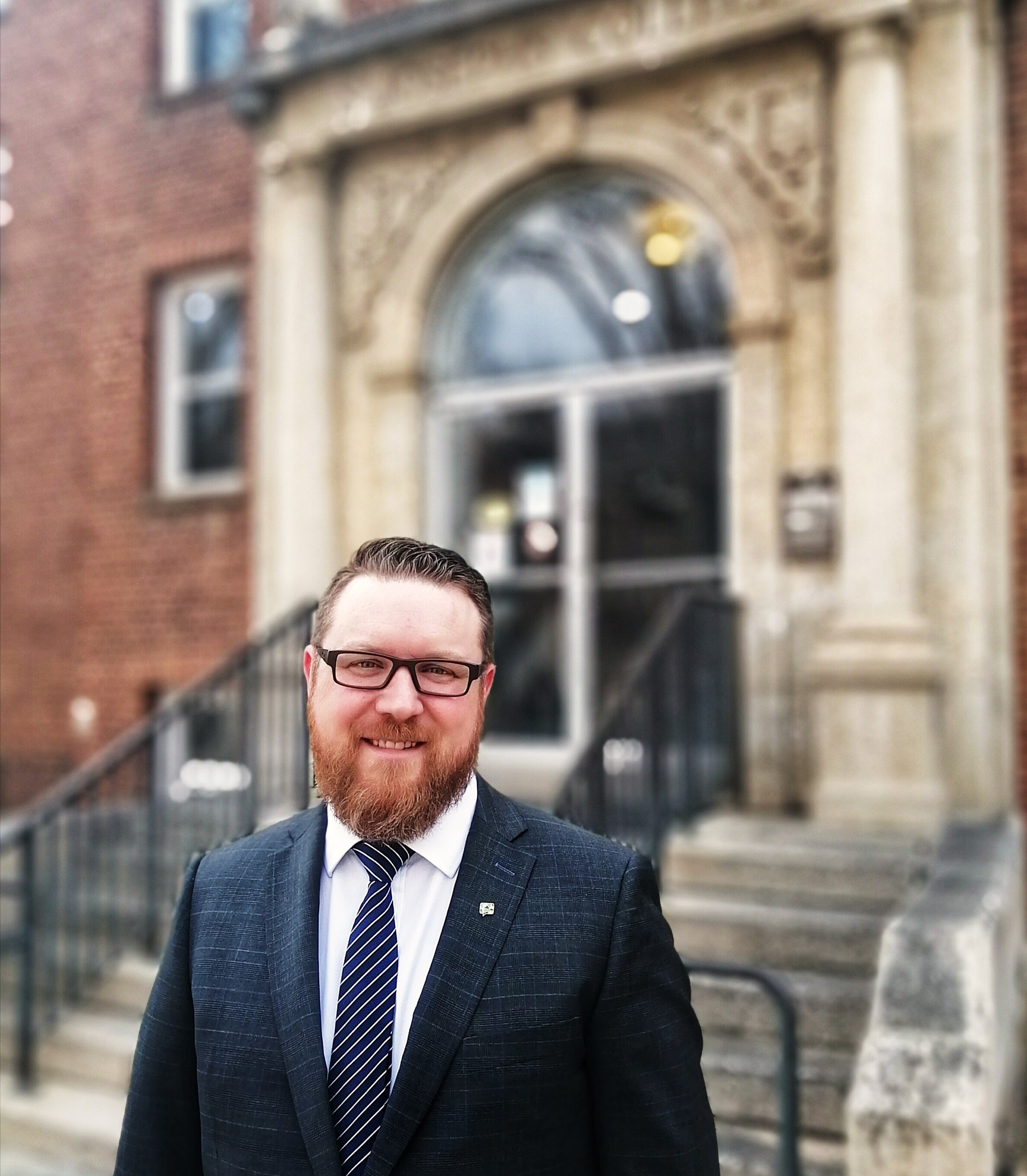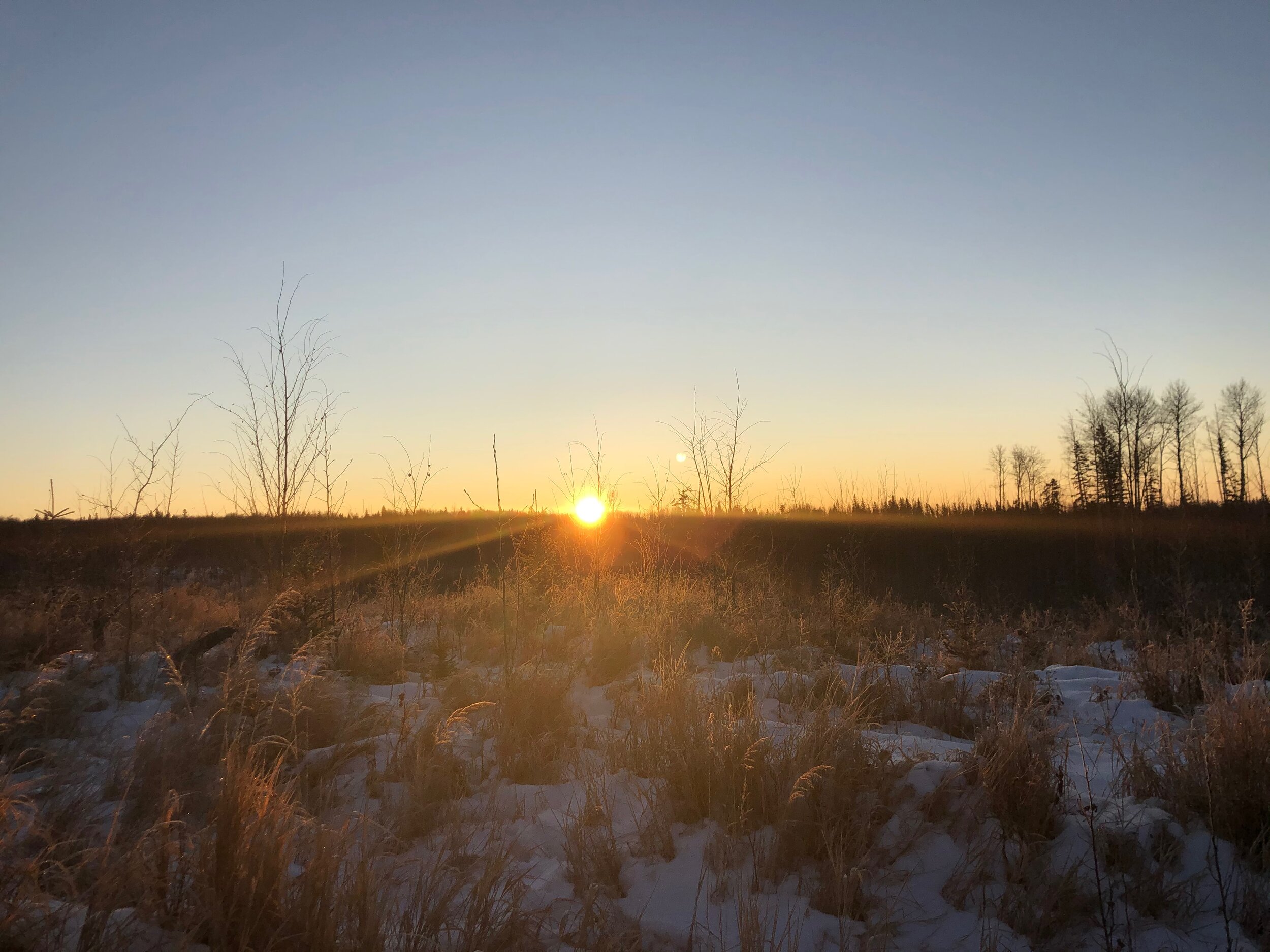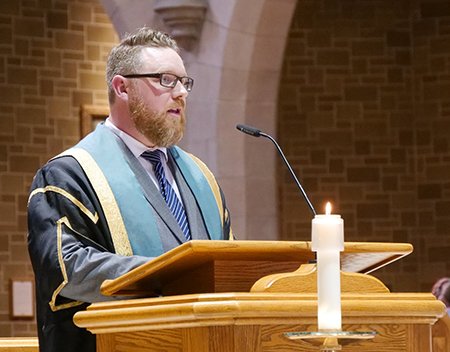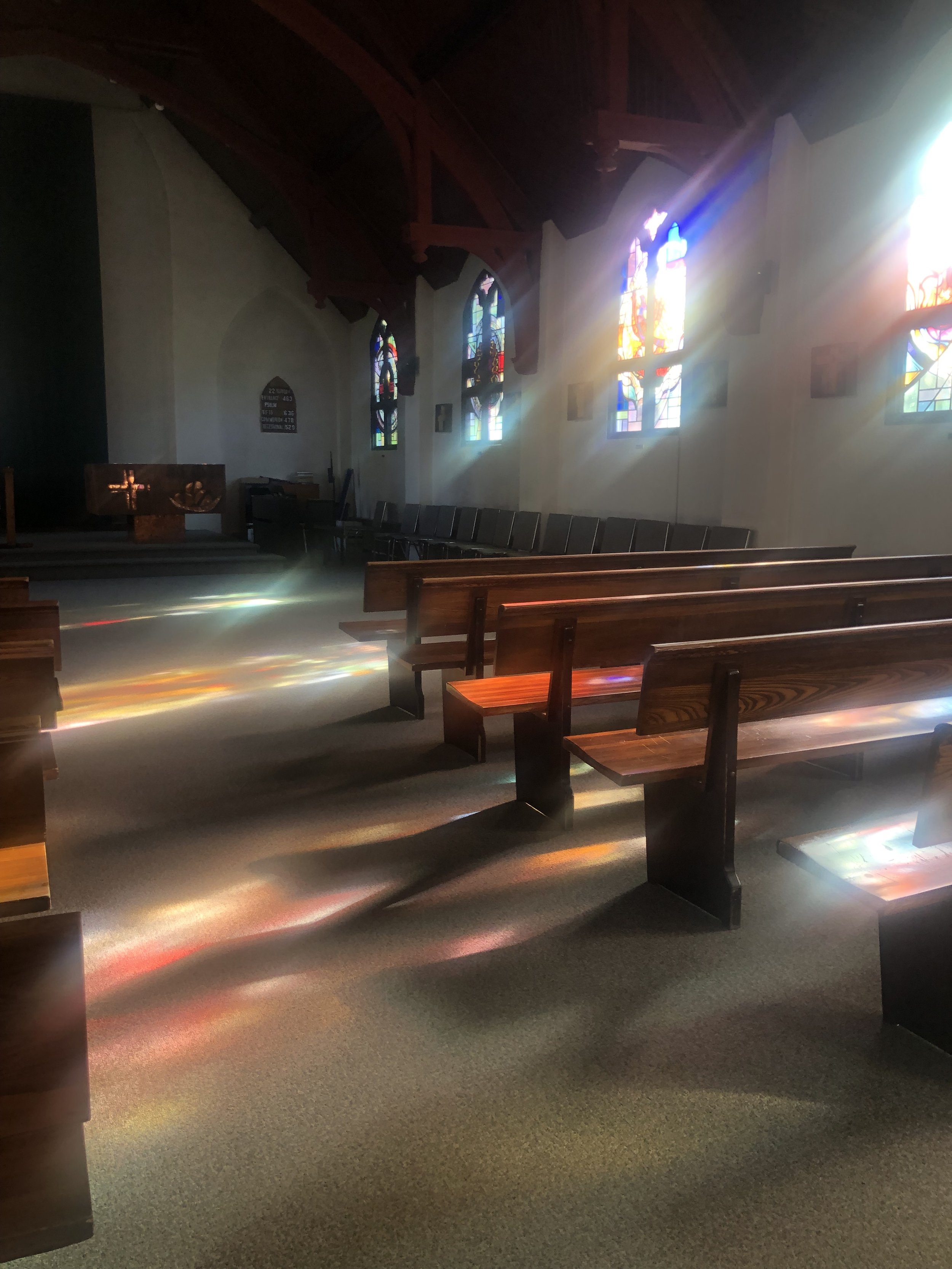Reviews
“Shawn W. Flynn brings new depth to this discussion by honing in on the critical role of children in the domestic cult of Yhwh, as informed by comparative analysis of Mesopotamian texts. F. boldly and convincingly argues that any knowledgeable view of Yhwh’s relationship with ancient Israel must take into account the deity–child connection as a vital vehicle for the divine–human relationship.”
-Julie Faith Parker CBQ 81 (2019): 707-09.
“This fine monograph deals with the topic of children in the HB. . . This book contains many fascinating insights. I was, e.g., persuaded by F.'s interpretation of Exodus 1–2 as a twist on the ANE adoption practice: Moses’ mother gives up Moses for adoption to save his life and, in parallel, manages to get herself hired as his wet-nurse. Likewise, F.'s reading of Ezekiel 16 as a metaphor of adoption—with God as Israel's adopted father rather than her spouse—is thought-provoking”
-Lena-Sofia Tiemeyer,JSOT 43:5 (2019): 194-95.
Book interview...
Listen to Dr. Flynn's interview for his new book with the OnScript team...
The Cover ART...
The artist is IOYAN MANI, Maxine Noel’s Sioux name, which means “walk beyond”. Maxine’s work is striking, and often focuses on the domestic sphere and the relationship between children, mothers, and nature. Her work has an ancient quality, and captures many themes of this book about the child’s value. Also, as a Roman Catholic in Canada, if there is a small way my work can give attention to the silenced voices and expressions of aboriginal artists and culture, who suffered from the residential schools in this country, this is another small step. Maxine was born to Santee Oglala Sioux parents in Manitoba, and had also been taken to a residential school at the age of 6. These children were taken from their families. The elders now tell stories of the strange silence each September in aboriginal communities, because all the children were gone. Each of us responding to the Truth and Reconciliation Commission will need to take small steps, and certainly featuring Maxine’s work on this books is a very small step, but may an overwhelming wave of these small acts become a torrent of justice and reconciliation.
THE BOOK...
Flynn contributes to the emerging field of childhood studies in the Hebrew Bible by isolating stages of a child's life, and through a comparative perspective, studies the place of children in the domestic cult and their relationship to the deity in that cult. The study gathers data relevant to different stages of a child's life from a plethora of Mesopotamian materials (prayers, myths, medical texts, rituals), and uses that data as an interpretive lens for Israelite texts about children at similar stages such as: pre-born children, the birth stage, breast feeding, adoption, slavery, children's death and burial rituals, childhood delinquency. This analysis presses the questions of value and violence, the importance of the domestic cult for expressing the child's value beyond economic value, and how children were valued in cultures with high infant mortality rates. From the earliest stages to the moments when children die, and to the children's responsibilities in the domestic cult later in life, this study demonstrates that a child is uniquely wrapped up in the domestic cult, and in particular, is connected with the deity. The domestic-cultic value of children forms the much broader understanding of children in the ancient world, through which other more problematic representations can be tested. Throughout the study, it becomes apparent that children's value in the domestic cult is an intentional catalyst for the social promotion of YHWHism.











